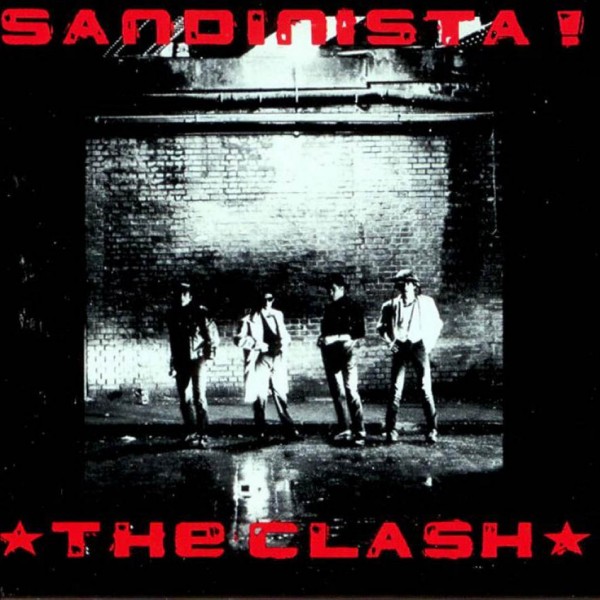 A argument has broken out on the internet, if you can believe such a thing. Even now, two sides are locked in a grim war of attrition. Accusations of sexual deviancy are their bullets. Insinuations of unchaste mothers are their bayonets. The disagreement is this: does wood make a difference in the tone of an electric guitar?
A argument has broken out on the internet, if you can believe such a thing. Even now, two sides are locked in a grim war of attrition. Accusations of sexual deviancy are their bullets. Insinuations of unchaste mothers are their bayonets. The disagreement is this: does wood make a difference in the tone of an electric guitar?
This has significant implications for the guitar industry, since apparently everyone believes that it does (and tonally “good” woods can be expensive and rare, like topcut Brazilian rosewood). Basswood sounds smooth and fat, ash sounds bright, and so on. This has long been noted in acoustic instruments. But an electric guitar is not an acoustic instrument. Can anyone hear the sound of wood in a vibrating metal string’s disturbance of a magnetic field? Or is it all a huge group delusion?
The “yes” camp is led by Rob Chapman, an affable gear enthusiast known for his product reviews. Everyone likes Chappers. The “no” crowd is led by Scott Groves, who is definitely the “heel” in this debate. Depending on who you ask, he’s either a jackass who makes things far more personal than they have to be, or a guy who wields the truth like a riot baton.
Some people are taking a physics-based approach, comparing transverse waves and that sort of thing. But that’s not really the point. We don’t care if there’s some slight difference when you compare two sounds with an oscilloscope. It has to be a difference that’s perceptible by the human ear. There’s slight waveform differences in a $15 HDMI cable versus a $150 Monster Cable…big fucking deal. NOBODY with human ears can tell these cables apart in a blind A/B test.
Chapman has a video of a swamp ash Chapman ML-1 demo’d against a mahogany Chapman ML-1, and yes, I can seem to hear a difference in tone. By itself, this only means so much. Is Chapman strumming as hard as The Captain? Is he hitting the bass and treble strings equally? We need a machine that can play guitar (wait, is Compressorhead still around?), so we can take the uncertainty introduced by humans out of these tests. If the difference remains, I’d be a tonewood believer in a second.
Groves (“if you still believe in tone wood after this, there’s a short bus ready to drop you off at Morontucky”) and his flunkies have hit back with videos of their own. Their position is that wood plays no part at all on an electric guitar. Your “tone” is a mixture of your amp, your pickups, and your playing style – your guitar can be made of cardboard for all that matters. The last video contains a demo of a fine piece of alder sounding exactly the same as a hunk of cheap fiberboard from a kitchen benchtop. Fascinating, but not conclusive.
Clearly, one side or the other is victim of a massive placebo effect. They wouldn’t be the first. I remember one time I was making some EQ changes to a track, I’d gotten it sounding pretty good…and then I realised that I’d had the EQ bypassed the whole time. The sound differences I was hearing were all in my head.
It reminds me of Prosper-René Blondlot, who “discovered” an exotic sort of radiation called N-Rays. Lots of other scientists backed up Blondlot’s findings, and the French Academy of Sciences granted him ?50,000 for his work.
N-Rays do not exist. One day, Blondlot conducted a successful “demonstration” of his discovery, oblivious to the fact that a scientist had sabotaged the machine that was supposedly producing the N-Rays.
No Comments »

